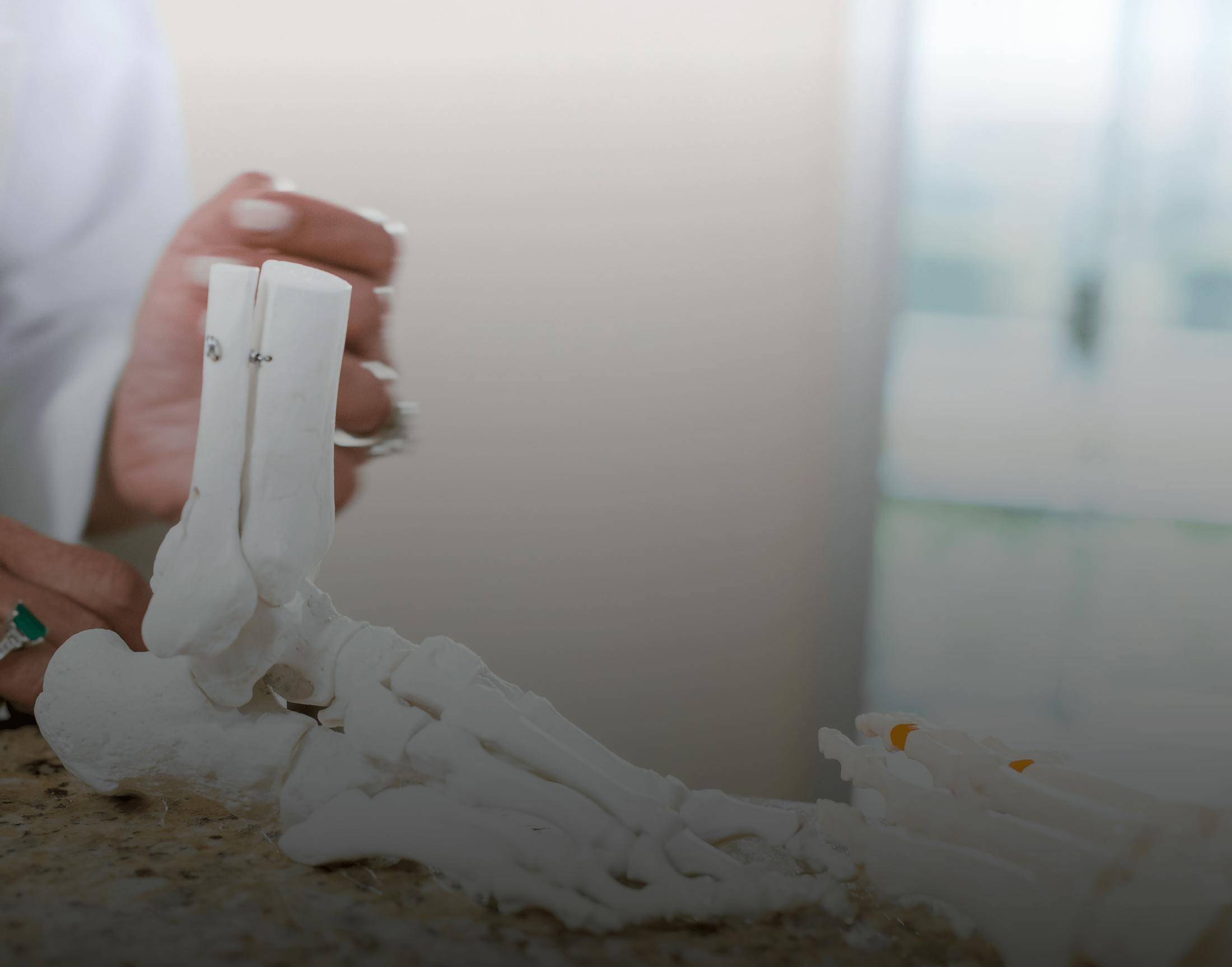Have you ever felt like you had a pebble digging into the bottom of your foot, but when you check, there’s nothing there? You may think you have a callus, but it’s more likely a wart.
Treating a Plantar Wart
Unless the wart is interfering with your daily life, you may choose not to treat it. Without any treatment at all, a wart will last about two years before falling off on its own.
Although people who have warts that are visible often want to treat them, plantar warts are not visible. However, they may cause pain. If this is the case, there are a few different treatments you can try.
If you have attempted to treat your wart yourself and have not been successful, you may want to see a doctor for treatment. There are a number of treatments available, from cryotherapy to prescription-strength acids to laser surgery. The size of the wart and where it’s located will help guide your doctor to the correct treatment.
The Swift Wart Therapy System is another effective and non-invasive option for treating warts. Patients experience minimal pain with this service, and are able to continue normal daily activities after treatment.









